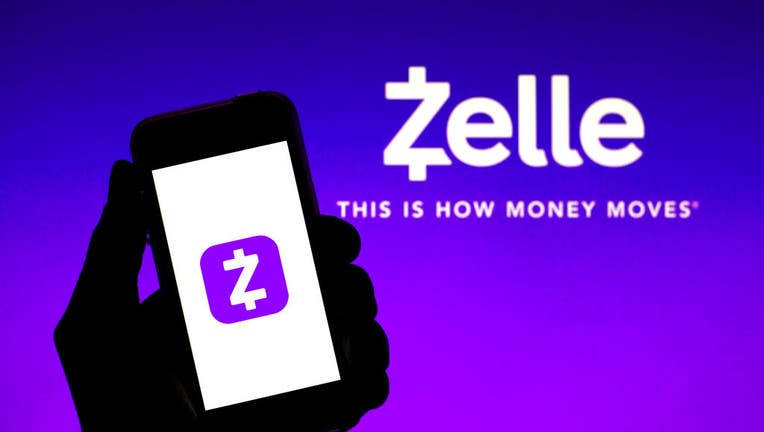Zelle scam: Police renew warning about money transfer app

In this photo illustration, a Zelle logo seen displayed on a smartphone with the Zelle logo in the background. (Photo Illustration by Thiago Prudencio/SOPA Images/LightRocket via Getty Images)
Police are out with a fresh warning about the use of money transfer apps — specifically Zelle.
According to the Pennslyvania State Police, scammers are tricking their victims into resetting their Zelle account’s password. That enables the fraudster to wipe out the victim’s bank account in minutes.
Troopers said the scam starts with the victim receiving a text message from a number claiming to be from a bank’s fraud department. The text will mention a suspicious payment through Zelle and ask the recipient to verify the transfer.
RELATED: Beware when using money transfer apps like Venmo, Zelle, Cash App
Once the victim responds, police say they get a call from the scammer claiming to be from their bank. The fraudster asks the victim to confirm their identity by verifying their Zelle username.
They then notify the victim they will be receiving a one-time code to their phone and a notification from Zelle about a transfer. Those notifications are legitimately from Zelle and the bank, but police say the scammer will ask the victim to share the code.
Once they have the code, nothing stands between the fraudster and the victim's money.
RELATED: ‘Once you hit send, assume it’s gone:’ Tattoo troubles expose risks of Zelle, pay apps
Troopers said anyone who falls victim to the scam should file a report with their local police departments. They also offered the following tips for people who used peer-to-peer apps like Zelle, CashApp and Venmo:
- Become familiar with your peer-to-peer payment app’s policies related to fraud protection.
- Learn how to use your institution’s mobile app and disable features you do not intend to use. Ask someone at your financial institution for help if needed.
- Learn to recognize your financial institution’s fraud notifications and what you should do if you receive one.
- Read text messages closely and ignore those from institutions where you do not have accounts or that do not make sense.
- If you receive a telephone call from someone claiming to be from your financial institution, hang up and call them back at a phone number you know is valid. You can find the number online or in their mobile app.
- Login information, such as usernames, passwords and any one-time codes or other authentication information is confidential and should not be shared with anyone, including anyone from your financial institution. No one from your financial institution will ever ask you for your login information.
This story was reported from Atlanta.


